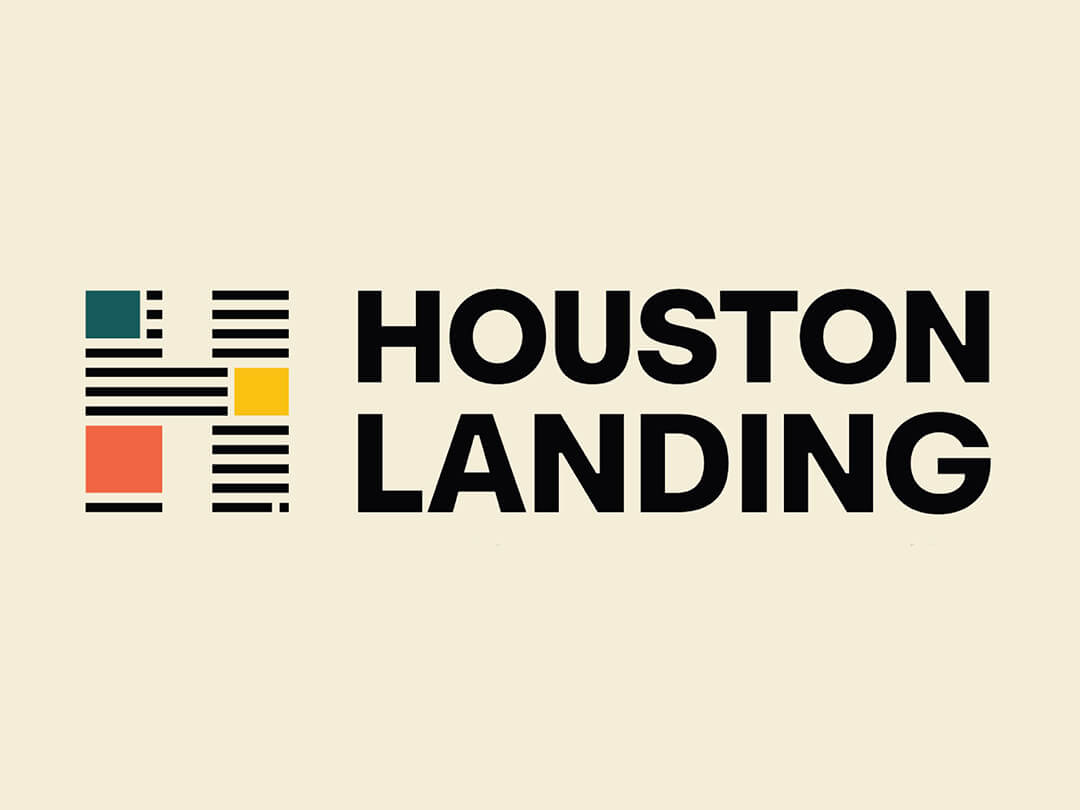On Tuesday, Reuters announced it was going to begin giving away content to publishers on a scale never before seen in the news agency’s more than 160-year history.
It too early to tell what the policy will mean for the newswire’s rivals, like The Associated Press, Agence France-Presse and Getty. But in an email question-and-answer session with Poynter, Reuters Global Managing Director Steven Schwartz writes that the company’s new initiative wasn’t driven by the competition:
From a strategic standpoint, what does this loss-leader approach mean for your competitors, like The Associated Press and AFP?
We have always prided ourselves on innovation and what we are doing acknowledges that the market is changing, as are some of our other initiatives like custom programming for broadcasters and content creation for brands. With this initiative, we also hope to help publishers and gain greater insights for our business. We are not being driven by competitive dynamics but rather our long-standing tradition to innovate and help news continue to flourish.
In its announcement, Reuters says that free content offerings is part of an effort to “expose more readers to its award-winning news content.” Can you say more about the strategic thinking behind that? Why does it make good business sense to give away content for free?
The media business has fragmented and there are many new natively digital and self-directed publishers, so while Reuters is extensively engaged with most of the top media properties around the world already, we see this as an absolute opportunity to reach even more. Indeed, since our launch we have had many new niche publishers come to the site to see and use what we have to offer.
As I understand it, the free content is being offered to digital publishers only. Is that the case? If so, who qualifies? If you put out a newspaper, are you excluded? What about if you are already a Reuters subscriber?
All digital publishers are invited to take advantage — digital natives, bloggers and the digital properties of traditional media businesses, including newspapers. Reuters subscribers are not affected and they will continue to have unfettered access to the vast volumes of what we produce based on their specific subscription.
How much content can publishers access for free per month under this new program?
Our initial approach is to allow 10 downloads per month per user to publish on any platform. We will be monitoring this closely to see if we will make any adjustments for additional downloads.
Why is Reuters making this move now? How does this fit in with Reuters’ strategy?
We are committed to our business and its long-term success. We are also committed to helping publishers navigate and flourish within the digital ecosystem and all of the opportunities and challenges it represents. As a result of our approach, we are confident that more digital publishers will experience how our content can help engage audiences and help them with their own publishing objectives, and become better acquainted with our multimedia offerings.
As I understand it, Reuters Media Express is not a new platform. Is that right? How was it modified for this most recent launch?
Correct. Reuters Media Express is our premier workflow tool for publishers. Those customers will continue to have unfettered access. We have adapted Media Express to enable a metered approach and opened up search so that unregistered users can see what we have to offer.
Besides exposure, what does Reuters stand to gain by making a portion of its content available to customers for free?
We intend to do business with some of the publishers we attract while we expect others to just keep using the free content we offer them every month. Even for the latter group, we will gain insights that will help inform the type of multimedia content and coverage digital publishers are seeking today, which will help us enhance our products for paying customers as we are constantly seeking to improve and evolve based on customers needs — this will be yet another input to help inform us.





